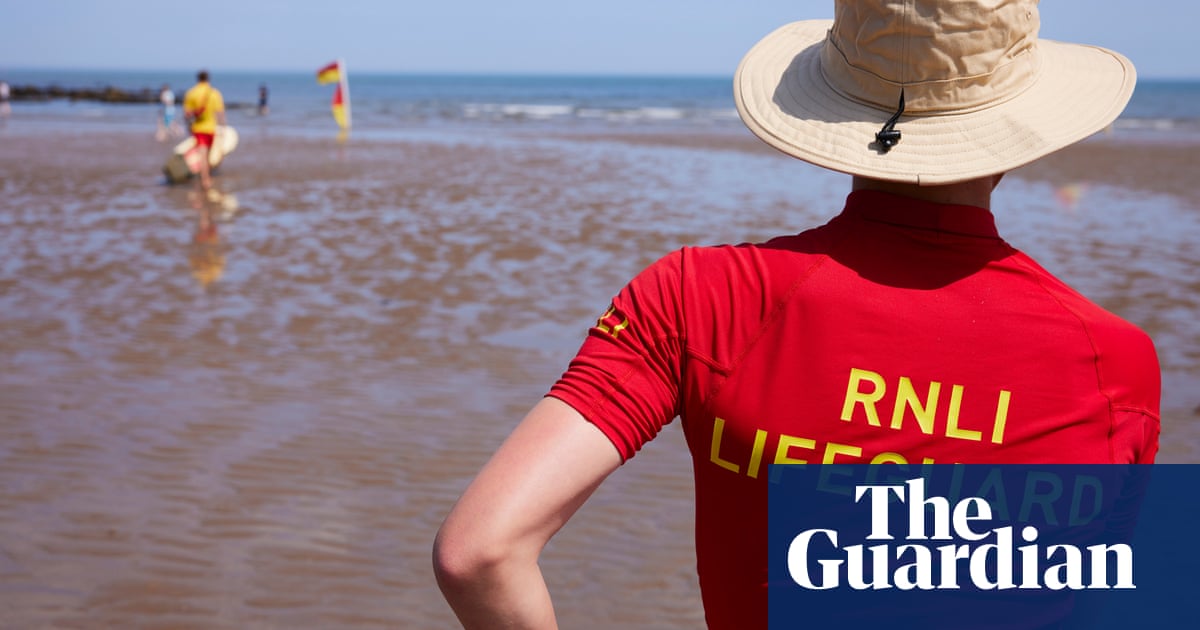
Three men drowned off Cornish beaches at a time when the Royal National Lifeboat Institution’s lifeguard service was affected by the Covid pandemic, a coroner has said.
The senior Cornwall coroner, Andrew Cox, said he would write to the UK government and to the UK Covid-19 inquiry to highlight issues raised during the inquest into the deaths of the three men.
Cox recorded misadventure conclusions for all three, saying that normally there would have been lifeguards on the three beaches.
The inquest in Truro heard that Michael Pender, 63, drowned at Treyarnon Bay on the north coast in May 2020; Jan Klempar, 30, at Porthcurno on the south in June of the same year; and Paul Mullen, 56, died at Church Cove on the Lizard, the most southerly point of mainland Britain, in August 2020.
Pender, a local man and a good swimmer, dived under the waves to cool off but got into difficulties in strong currents, the five-day inquest heard.
Klempar, from Walsall, West Midlands, had been on a family day out to the beach when he was swept out to sea by big waves. A lifeguarding service returned to the beach two days later.
Mullen, from Hertfordshire, drowned as he raced into the sea when his 14-year-old son got into difficulty. The teenager was rescued by a helicopter but his father could not be saved.
Cox criticised the UK government for not giving the RNLI advance warning of lifting Covid restrictions – as, the inquest heard, it had promised. The inquest was told that seasonal lifeguards were not allowed to be furloughed, which meant some went to find other work.
Cox said a single government department should have taken the lead. He said: “In my judgment [the deaths were] not due to any lack of effort on the part of the RNLI, on the contrary they moved mountains to have a service.”
Paul Mullen’s wife, Eleanor, said in a statement: “We were surprised there were no lifeguards present.”
In May 2020, just before the first drowning, the RNLI said it was planning to provide lifeguard cover on about a third of the beaches it normally patrolled once lockdown restrictions were eased.
Earlier in the Covid-19 crisis, the RNLI had said it would be very difficult to suddenly ramp up its service because not enough lifeguards would have been trained. The charity says that in 2022, 1,632 RNLI lifeguards provided cover on 242 beaches across the UK and Channel Islands. They attended 18,897 incidents, helped 23,204 people and saved 117 lives.












